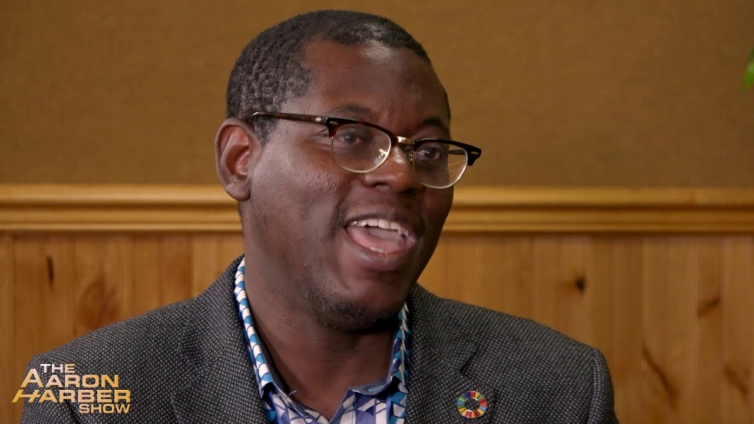The IMF says 40% of jobs are exposed to ArtificiaI Intelligence (AI). CNN translates this as 40% of jobs will be disrupted by AI. Not the same thing. Not even all that close.

When it comes to the other projected impacts, especially regarding inequality, the CNN summary does not deviate too much from the IMF line.

In this quick reaction, however, I only focus on the jobs angle. The whole “AI will kill jobs” debate seems like a loop. It keeps going round in circles. At its alarmist extreme, it gives off bad science fiction vibes.
One key point that is easy to miss, in all of this, though, is the rate, nature and trade-offs of diffusion and absorption of any disruptive technology. Some technologies and their complements can diffuse and be absorbed across the economy without too much synchronisation of business decision-making, policymaking, user education, and investment reallocation planning. Take automobiles and gas/charging station networks, or airlines and airports, to use a very crude example.
Other technologies systems, however, can’t. Consider railways, for instance. That is why many African countries have been doing fairly well with road transport, and even air transport, but rail has proven extremely hard to get to any real level of scale.
AI is increasingly looking like a technology that falls more in the latter category of disruptive systems that require intense synchronisation (or hyper-integration) for deep societal absorption.
If this view is correct, then:
A. AI will be slower in displacing jobs than assumed.
B. Efforts to increase its diffusion will by themselves create more jobs than AI’s parallel turbocharging of automation will end up killing over the medium-term horizon.
I explored this same theme more than a decade ago. That brief essay is very dated, but it captures the essence of the argument adequately.
What does all this mean for Africa?
1. The continent, given its already higher levels of fragmentation, may miss out on some of the early gains of transformative AI unless it embraces the concept of “transmediation” to increase synchronisation of commitment across different facets of society and the economy.
2. On the other hand, the structural gap between the continent and the global AI frontier may widen less quickly than suggested by the absolute differential in current capacities, allowing smart African countries to coordinate their strengths, catch up, and even overtake current category leaders. The fact that Africa generates less than 0.4% of some AI resources at present (far less than its relative economic weight) will then matter much less. The generative AI boom being witnessed today holds more promise for upskilling than for wholesale displacement, at least in Africa.
The obvious question here is whether Africa’s elites will take the right lessons from the past and seize the moment, recognising that excellent leadership in any one domain won’t cut it; only visionary transmediation across a broad span of national and regional systems can.
Latest Stories
-
EPA says lead-based paints are dangerous to health, calls for safer alternatives
56 minutes -
Queenmother calls on President-elect Mahama to appoint more women in his government
3 hours -
Atletico Madrid beat Barcelona to go top of La Liga
3 hours -
Usyk breaks Fury’s heart with points win in rematch
3 hours -
Ghana-Russia Centre to run Russian language courses in Ghana
9 hours -
The Hidden Costs of Hunger: How food insecurity undermines mental and physical health in the U.S.
9 hours -
18plus4NDC marks 3rd anniversary with victory celebration in Accra
12 hours -
CREMA workshop highlights collaborative efforts to sustain Akata Lagoon
12 hours -
2024/25 Ghana League: Heart of Lions remain top with win over Basake Holy Stars
13 hours -
Black Queens: Nora Hauptle shares cryptic WAFCON preparation message amid future uncertainty
13 hours -
Re-declaration of parliamentary results affront to our democracy – Joyce Bawah
14 hours -
GPL 2024/25: Vision FC score late to deny Young Apostles third home win
14 hours -
Enhancing community initiatives for coastal resilience: Insights from Keta Lagoon Complex Ramsar Site Workshop
14 hours -
Family Health University College earns a Presidential Charter
14 hours -
GPL 2024/25: Bibiani GoldStars beat Nsoatreman to keep title race alive
14 hours

